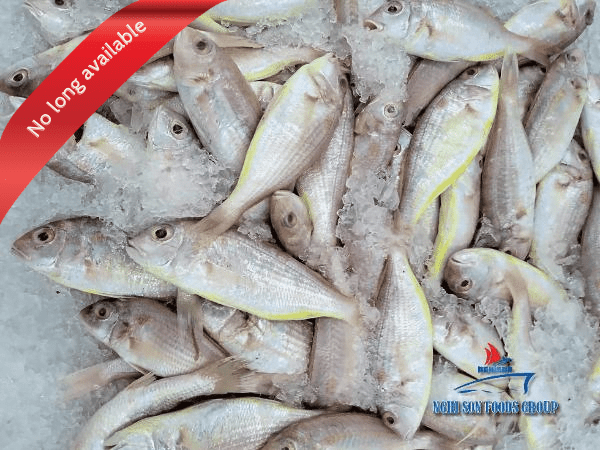Table of Contents
ToggleTariff Elimination under EVFTA
The European Union (EU) is set to remove tariffs on fresh and frozen Vietnamese tuna products once the European-Vietnam Free Trade Agreement (EVFTA) takes effect, which is expected to occur possibly in August. Under the agreement, 11,500 tonnes of canned tuna and 500 tonnes of canned fish balls will be exempted annually from tariffs.

Tariff Roadmap
In addition to the immediate tariff elimination on canned tuna products, the EU will gradually remove tariffs on other tuna products. Frozen tenderloin and fillet will be tariff-free within a three-year roadmap, while steamed tenderloin and fillets will follow a seven-year roadmap for tariff elimination.
Access to New Markets and Competing with Rivals
The signing of the EVFTA presents a significant opportunity for the Vietnamese tuna industry to expand its market reach and compete with rival companies from countries such as Thailand and China. By gaining tax breaks through the agreement, Vietnamese tuna products will become more competitive and able to access new markets.
Competitors and Market Trends
While neighbouring countries are strong competitors for Vietnam in the European market, they have not yet signed any Free Trade Agreements (FTAs) with the EU. Vietnamese tuna products primarily compete with those from Ecuador, Thailand, Indonesia, and the Philippines. However, the COVID-19 pandemic has created an unpredictable situation in major export markets. Consumers’ incomes have been affected, leading to a new trend of seeking more affordable options like canned tuna. Therefore, local businesses are advised to closely monitor the global market and make appropriate adjustments to capitalize on changing consumer preferences.
Previous Preferential Treatment and Export Performance
Since Vietnam reached the “maturity” level in seafood exports under the Generalized System of Preferences (GSP) on January 1, 2014, it lost preferential treatment. As a result, the removal of tariffs through the EVFTA is crucial for revitalizing the tuna industry’s competitiveness in the EU market. Statistics from the General Department of Customs show that in the first four months of the year, Vietnam’s tuna exports to the EU declined by 7.2% compared to the previous year, while canned tuna exports increased by 2.7%.
EVFTA Ratification and Its Comprehensive Benefits
The National Assembly ratified the EVFTA on June 8, paving the way for its implementation. Considered the “most modern, comprehensive, and ambitious agreement ever concluded between the EU and a developing country,” the EVFTA aims to abolish almost all tariffs between Vietnam and the EU over the next 10 years. This trade pact will unlock significant opportunities for various sectors, including the Vietnamese tuna industry, by enhancing market access and facilitating economic cooperation between the two sides.




















